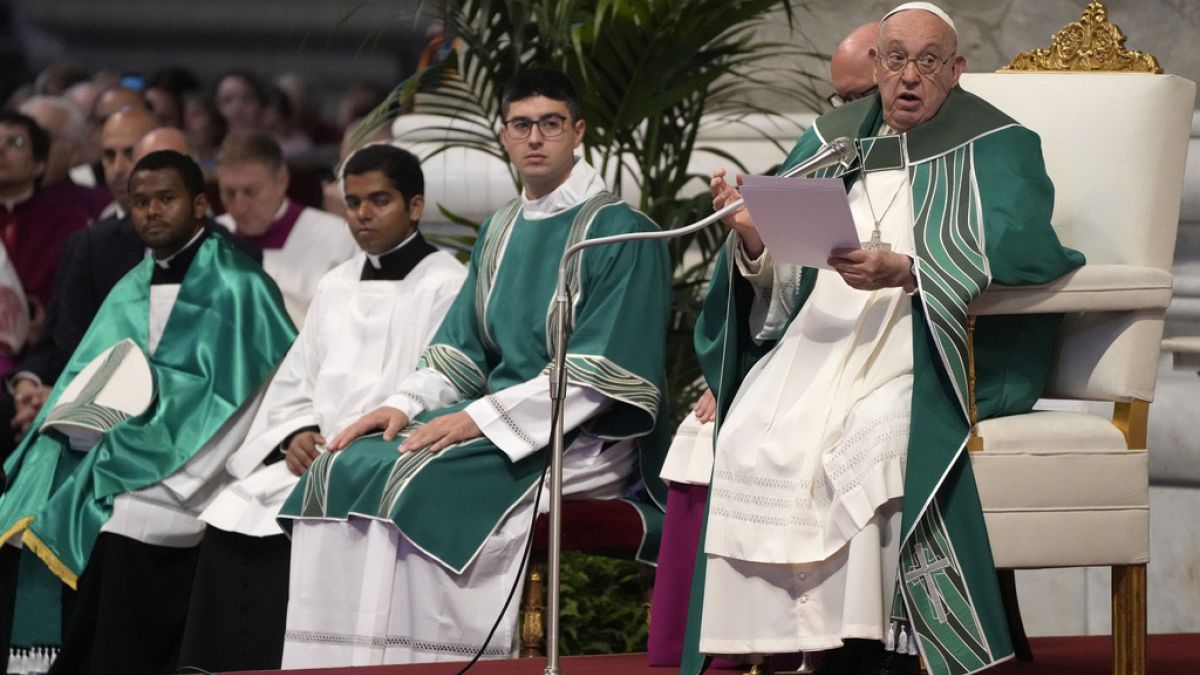The synod’s final document leaves key issues on women’s roles unresolved, with calls for greater inclusion going unanswered.
Pope Francis concluded the Synod of Bishops on Sunday, leaving the role of women in the Church unresolved. The final document offered no steps toward greater equity, with issues such as female deacons, married priests, and LGBTQIA+ discussions notably excluded.
Despite the omissions, the document reflects the Pope’s aim for a Church that listens attentively to its faithful. In a surprising move, however, Pope Francis chose not to publish the full document, leaving the matter of women’s role open-ended and fostering speculation on the Church’s stance on gender inclusivity.
Reforms on Women’s roles stalled
Deacons, who perform duties similar to priests such as baptisms, weddings, and funerals (but cannot lead Mass), have traditionally been men.
Advocates for change argue that allowing women to join the diaconate would help address the global priest shortage. Opponents worry that such a step might lead to women entering the all-male priesthood, something Pope Francis has said he does not support.
“The time is not ripe,” Cardinal Victor Manuel Fernandez, the Vatican’s top doctrinal official, said earlier this week in his address to the extraordinary assembly of 368 bishops and lay participants, including women.
Yet the ambiguity surrounding what constitutes ‘maturity’ for expanded roles of women in the Church administration remains.
Women not ‘second class believers’
The synod had raised hopes for reform, particularly among women who feel relegated to a marginal role within the Church. Many feel their contributions are undervalued, and they are treated as “second-class” believers.
“We hear so many promises, yet see little meaningful progress,” said Patrizia Morgante, president of the Women for the Church Association. “I’m tired of hearing that women are the ‘heart’ of the Church. These are empty consolations we don’t need.”
Voicing her frustration with the Church’s lack of decisive action, Morgante said: “We want to be respected as individuals, not as functions. We want to discuss our experiences and have genuine dialogue in an equal relationship with men, whether consecrated or lay,” she added.

